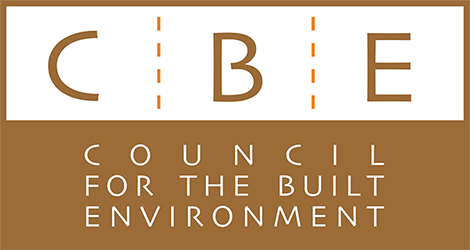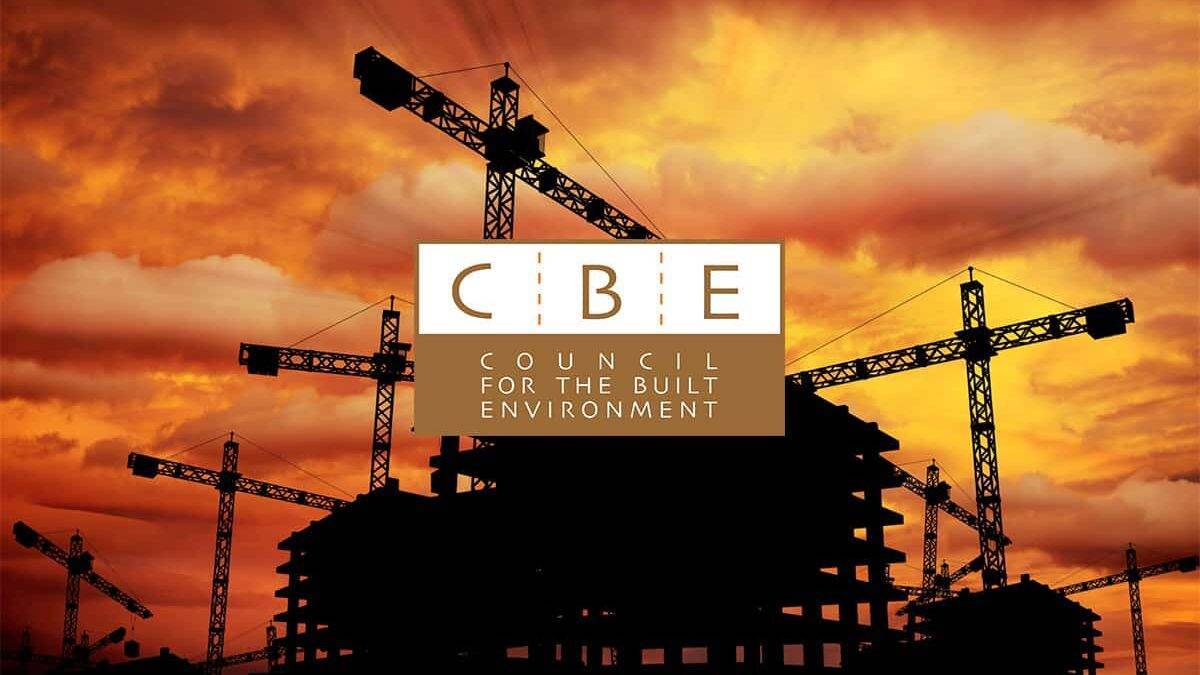Rebuilding Hopes and Homes
The KwaZulu-Natal floods are a tragic reminder of the effects of climate change. There have to be new ways of tackling urban development, we can no longer repeat what has been done in the past. Adaptive ways of building infrastructure, settlement development, urban management and housing provision have to be put in place to create a necessary safety valve.
This is a strong message to the Council for the Built Environment (CBE) and its councils to take an innovative, transformative and urgent approach to its role of leading the built environment sector in tackling poverty, inequality and social injustices.
The sector is already reeling under the impact of the Covid-19 pandemic, as well as a tough economic environment.
Over the past two years we have seen job losses across the sector, projects shutting down, and companies cutting back or even closing their doors.
Coupled with this is an ever-growing number of young graduates battling to find employment or even just internships or work placements required to complete their qualifications. Currently, the CBE has a shocking 10 000 plus unemployed graduates registered on its database.
However, the construction and built environment sector is ideally placed to drive the economy and create jobs and development opportunities, with the CBE given the critical task of being a catalyst for change and developing a policy and framework for transforming the sector. And central to implementing creative and innovative ways to respond to intractable societal challenges, is to remember at all times we are dealing with more than just bricks and mortar.
Read More:

